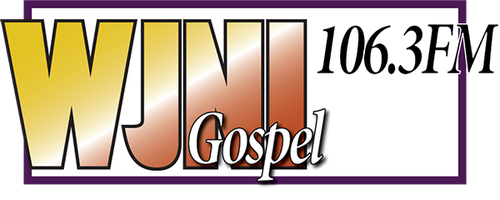Proposed bill would create regulations and taxes on Delta 8 THC hemp products in South Carolina
SOUTH CAROLINA (QUEEN CITY NEWS) — The gray area between marijuana and hemp-derived products is widening.
“The sole difference between legal hemp on the one hand and illegal marijuana on the other is the concentration of the percentage of one cannabinoid, a molecule called delta 9. The law says that the plant in all of its parts, all of its extracts, derivatives of some scientific words like isomers and salts of isomers, all parts of the plant are legal provided that they come from hemp and don’t have Delta-9,” says Rob Kight.
The difference is chemical-based, so it often causes enforcement issues in South Carolina.
“The THC that comes from hemp is the same THC. It’s a molecule that’s found in the marijuana plant. What we’re talking about here is cannabis, and cannabis under the laws of South Carolina and under the federal government, is divided into two different classification options. On the one hand, you have hemp, which is legal, and hemp has no more than 0.3 percent of what’s called Delta-9 THC, which is the primary form of THC. On the other hand, cannabis with more than 0.3% Delta-9 THC is illegal marijuana. So again, the same plant, different classifications based on the concentrations it has of Delta-9 THC. And so, the difference is that we have just amounts to the concentrations in the plant or the product itself,” Kight said.
The state’s current law allows for any part of the plant with a THC concentration that doesn’t go over 0.3 percent on a dried weight basis; anything above that percentage is considered marijuana and becomes illegal.
“The number one challenge is, frankly, just a lack of understanding about what they are and their legal status,” Kight said.
He had cancer in 2009 and used cannabis during his chemotherapy. He says the drug changed his symptoms so profoundly that he changed his career path to become an advocate.
He’s the founder and principal of Kight Law Office in North Carolina. He represents businesses in the hemp industry throughout the United States and the world. We’re based out of North Carolina.
He supports a newly filed South Carolina bill to regulate and tax hemp products.
“It seems clear to me and my colleagues that these delta products are legal in South Carolina. That being said, the attorney general and SLED disagree and have a different interpretation. And so for that reason, among other reasons, I think this law makes it absolutely clear and explicit that these products are legal,” Kight said.
The bill calls for a five percent sales tax on each product. The money will pay for state agriculture officials to regulate hemp-derived cannabinoid products.
Businesses manufacturing or selling the products would need licenses by January 1, 2025. The cost would be $250 for each retail location. Producers would pay $500 for their licenses.
Customers would have to be 21 or older to buy the products.
“A bill such as this one that has reasonable regulations that go to the heart of the things that matter again, quality, educating so that minors don’t have it and identifying what’s in the product. Those things are well accepted by the industry,” Kight said.
The bill won’t be introduced or discussed until South Carolina lawmakers return to Columbia in January.


